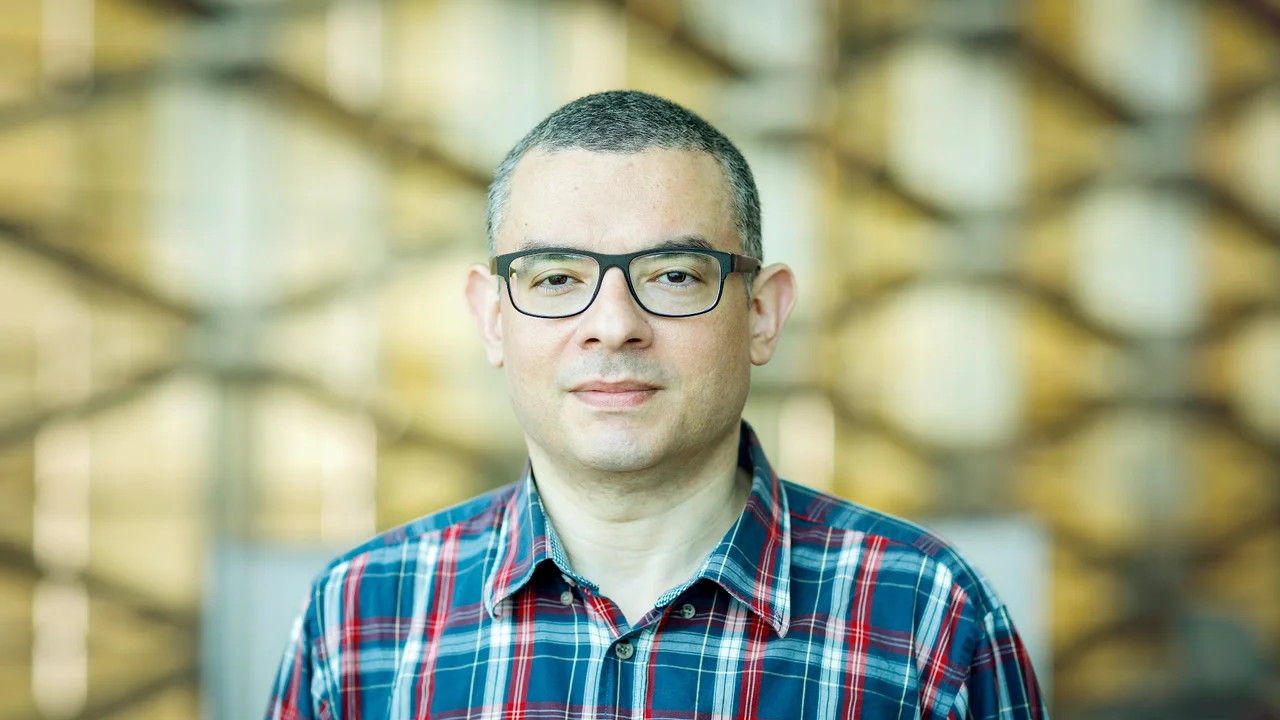
Ahmed Sultan Salem
Instructional Professor of Electrical and Computer Engineering Ahmed K. Sultan has extensive experience teaching at graduate and undergraduate levels in topics such as wireless communications and mathematics for signal processing and digital communications.
Biography
Dr. Salem holds a Ph.D. in Electrical Engineering from Stanford University, U.S. Prior to joining KAUST in 2010, he was an Assistant Professor of Electrical Engineering at Alexandria University, Egypt. He has also jointly held an assistant professorship at the Wireless Intelligent Networks Center (WINC) at Nile University, Egypt, since 2008.
Salem has extensive experience teaching at graduate and undergraduate levels. He has taught courses in digital communications, wireless communications and systems, digital signal processing, signal and systems, detection and estimation, probability and stochastic processes, engineering mathematics, signal processing for radar systems, remote sensing, and automatic control.
In 2017, he received the inaugural KAUST Distinguished Teaching Award. His research has yielded over eighty scientific publications in various peer-reviewed journals and conferences.
Research Interests
Dr. Salem’s research interests include energy harvesting, dynamic spectrum access, cognitive radio networks, cooperative communications, orthogonal frequency-division multiplexing for optical communications, distributed and sequential detection, cooperative relay-based multi-hop communications, physical layer-based secrecy, remote sensing and synthetic aperture radar.
Awards and Distinctions
- KAUST’s inaugural distinguished teaching award, KAUST, 2017
Education
- Doctor of Philosophy (Ph.D.)
- Electrical Engineering, Stanford University, United States, 2007
- Master of Science (M.S.)
- Electrical Engineering, Alexandria University, Egypt, 2000
- Bachelor of Science (B.S.)
- Electrical Engineering, Alexandria University, Egypt, 1997
Quote
Investing in the human element of the research process is my focus. I firmly believe in meeting the students where they are and taking them to where they never thought they could be. Along the way, some students are disgruntled with the rigorous mathematical and scientific tools I insist on in my coursework. However for some others, these tools unleash a whole new world for their work that may not even become obvious except a year or two after they have taken my class.